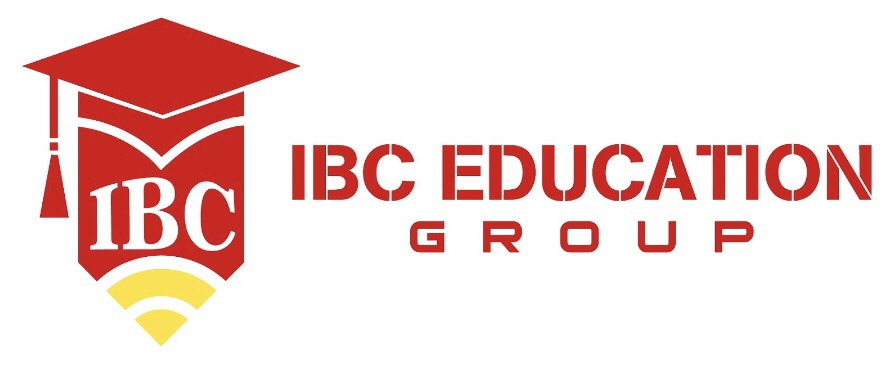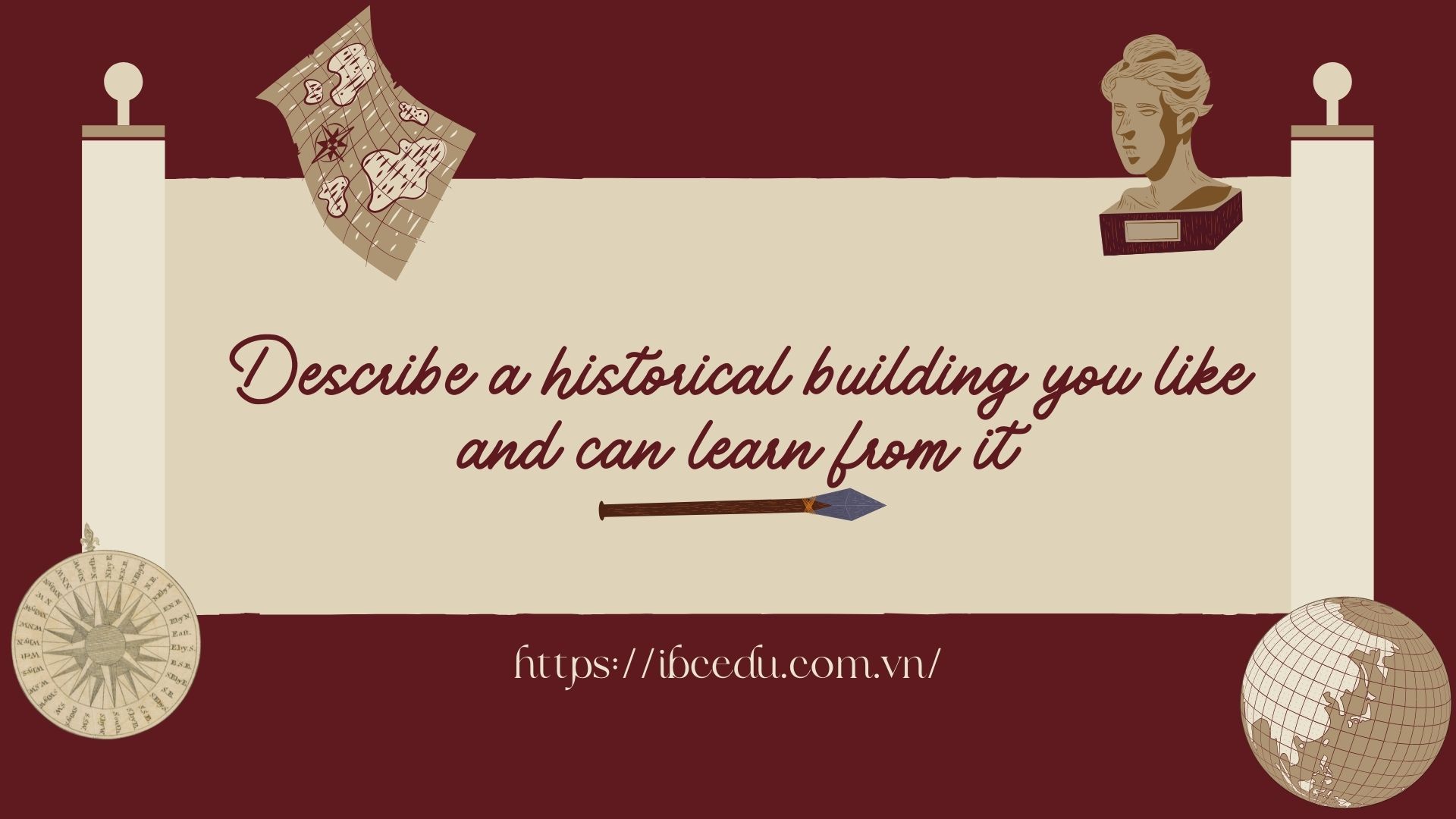Bài mẫu và từ vựng chủ đề “Describe a historical period you want to know more about”
You should say:
– Which period is it?
– When did it occur?
– Who all were involved in it?
– Why are you interested in it?
I. Gợi ý lên ý tưởng:
Đối với chủ đề Historical period này thì các bạn có thể lựa chọn những địa điểm gắn liền với các cột mốc lịch sử như:
- Ancient Rome
- Great Wall of China (Vạn Lý Trường Thành)
- The Colosseum (Đấu trường La Mã)
- Egyptian Pyramids (Kim tự tháp Ai Cập)
Tips:
- Hãy chọn những cột mốc lịch sử được nhiều người biết tới và có nhiều chi tiết hay để tạo thêm sự thuyết phục cho giám khảo. Như vậy bài sẽ có nhiều cảm xúc và chân thật hơn.
II. Từ vựng và Cấu Trúc hay cho chủ đề:
- Accurate portrayal of life back then: bức chân dung phản chiếu chính xác đời sống thời đó
- A harsh life: một cuộc sống khó khăn
- Historical highlight: dấu ấn lịch sử
- Destitute (adj): thiếu thốn, vất vả
- Mark the birth of (verb phrase): Ghi dấu sự hình thành của …
- The historical period that I would like to have a deeper understanding about is …
III. Bài mẫu:
I like anything that is connected with ancient Rome. In fact, I’m not good at history, but I know for sure that there were greater and more advanced civilizations, they died and left almost nothing behind, but the historical stories of Rome today can still be seen in many areas of our life. Just the fact that most people in the world write in roman letters tells a lot.
However, to my regret, I got interested in it only recently when I came across some article on the Internet. After that I read tons of them and watched a lot of TV programs and drama series featuring this period in history. Now I can safely say that Romans had the biggest impact on the development of modern society.
For example, Roman numerals are being widely used nowadays.it is used in antique clocks or in educational programs. Another interesting fact is that Rome, according to numerous articles, was the first group of people that started managing large areas and populations in an organized fashion. The Romans were famous as great engineers. One of the most impressive features of ancient Rome along with their roads was the aqueducts that were constructed to bring water from the distant areas This water was then used to provide for public baths, fountains, and for use in private households. They also created complex sewage systems that were used to remove the waste water and release it into water bodies. I could spend hours talking about their amazing achievements.
IV. Từ vựng tham khảo:
- civilizations (n): các nền văn minh
- antique clocks: đồng hồ cổ
- aqueduct (n): cống dẫn nước
- sewage systems: hệ thống nước thải
V. PART 3 QUESTIONS
1. Should everyone know history?
Every individual should learn history, because history is an important part of life, and understanding it can help us make informed decisions in the present and future. Knowing history can also enable us to develop empathy and compassion for others, as well as a better appreciation for our own culture, since history reflects the patterns and trends in our society. In short, history is a powerful tool for the understanding of the world around us and making optimal choices.
- Empathy (n.): sự cảm thông
- Compassion (n.): lòng trắc ẩn
- Appreciation (n.): sự trân trọng
- Reflect (v.): phản ánh
- Optimal (adj.): tối ưu
2. In what ways can children learn about history?
Well I guess kids already learn about history at school. But apart from that, they could do research online themselves if they were really interested in learning about history. There are a million and one videos on Youtube related to history. Or they could do it the good old fashioned way, and go to a library and read some books on any history topic they like.
- the good old fashioned way: một cách tốt xưa cũ.
- a million and one: rất nhiều.
3. Is it hard to protect historical buildings?
Well that probably depends on the country I suppose and the authorities in that country. Some governments are more interested in preserving historical buildings than others. Like in many European countries, the old buildings are a real part of their culture and identity, so they preserve them, and then they become tourist attractions. So, I don’t think it’s hard to protect historical buildings, but it just depends on the attitudes of the people and their government really.
- preserving historical buildings: bảo tồn các tòa nhà lịch sử.
- part of their culture and identity: một phần văn hóa và bản sắc của họ.
4. How do museums teach people about history?
I suppose it depends on the type of museum really, but many museums tend to exhibit different types of artifacts and other treasures from different historical periods. So, by visiting museums, we can see all these old artifacts and read about them there and it helps us to get a sense of what it might have been like in those times. For example, in some museums they have dinosaur bones, or at least a full scale replica dinosaur skeleton. These kinds of things can help to spark our imaginations into thinking about what life was like in the past.
- artifacts (n) : hiện vật
- to spark our imaginations: châm ngòi cho trí tưởng tượng của chúng ta.
- a full scale replica: một bản sao quy mô đầy đủ.




